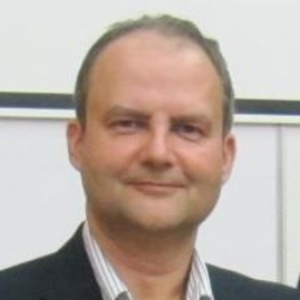Title : Concept of carbon capture from natural gas wells and its storage and reuse in deep rock reservoirs
Abstract:
The innovative systems shown intend to carry out CCS from natural gas extracted on cement completions of gas wells by absorbent selective nanoporous materials forming conducting channels on linked pores. CO2 fluids are transported upwards and then injected and stored in upper nonproductive Oil & Gas porous rock reservoirs by the removal-transport-injection system (RTIS), assuring the mechanical safety of the wells. Several embedded and linked extraction microdevices exert capillary forces and/or suction pressures responsible for this uplift phenomenon. These are linked to compressor microdevices included on cement top levels that receive and develop carbon dioxide deeper injections into upper non-productive porous rock formations. This innovative concept also considers vertical transport tubes, advanced metallic alloys-based, with compressor devices to carry out carbon dioxide re-injection into productive Oil & Gas Reservoirs. Procedures to tackle corrosion problems that arise on these manufactured materials, caused by H2S are given to aiming to overcome this phenomenon that jeopardizes the transport of carbon dioxide, the physical and mechanical stability of completion and the support effect of casings in Oil & Gas wells. This system of removal-transport-injection plus re-injection (RTIS+R) that links the wells into Oil & Gas reservoirs has proper sensors linked to a central unit and are machine learning guided with micro-satellites/UAV´s connections for the RTIS+R concept, being the unexpected gas leaks also monitored. This innovative system allows no further, lifting and transport to surface Oil & Gas facilities on fields, of the extracted carbon dioxide from gas wells. The natural gas production on wells is free of CO2, the major responsible gas for greenhouse effect and therefore environmentally friendly as monitored, but CO2 helped



